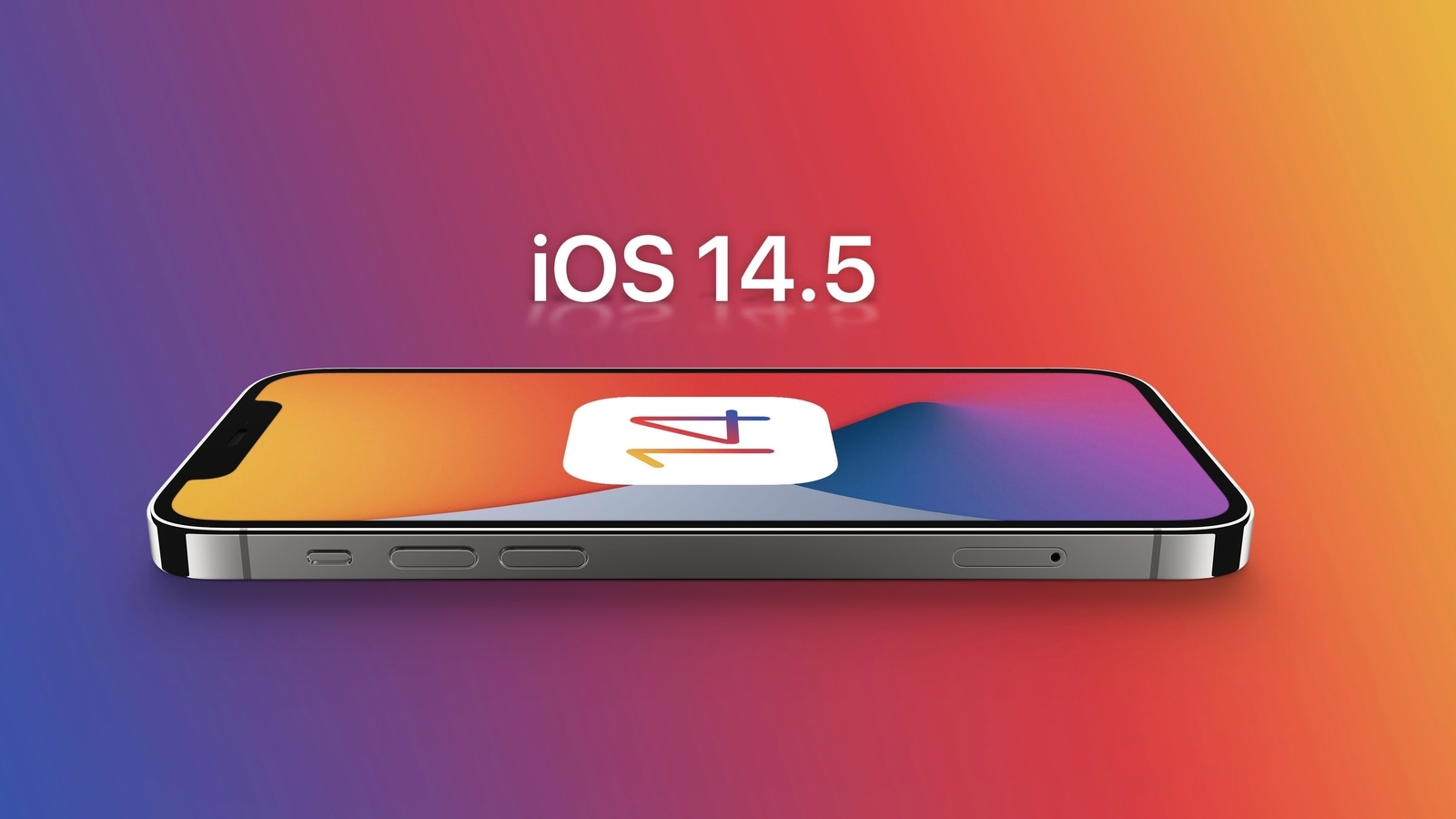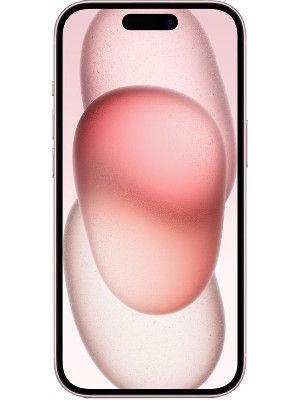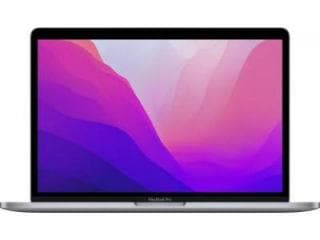Will Apple’s new iOS update bring about a privacy breakthrough?
Among the most important innovations introduced by Apple in its new operating system for iPhone iOS 14.5 and iPad iPadOS 14.5, there is undoubtedly the new privacy settings and the new rules for apps that want to collect data on behaviour of the user.

The rapid growth and advancement of digital advertising has prompted platforms to make adjustments that meet the needs of both customers and businesses. Apple's latest iOS update is the one that largely customises the way ads are created, tracked, and contacted. Among the most important innovations introduced by Apple in its new operating system for iPhone iOS 14.5 and iPad iPadOS 14.5, there is undoubtedly the new privacy settings and the new rules for apps that want to collect data on behaviour of the user. It is called App Tracking Transparency and is the answer to the promises that Apple has long made to its users to give greater protection to their privacy. Apple has decided to allow the user to choose whether to accept the tracking system for advertising purposes, or to refuse it. Therefore, starting with iOS 14.5, the first time an app requests access to the IDFA (Identifier for Advertising), it will be forced to ask the user for permission.
So how does IDFA (Identifier for Advertisers) work? This is a key element of digital advertising in 2021. To put it simply, the IDFA makes it possible to retrieve the advertising identifier from publishers to match the identifier with the one retrieved by the attribution tool. Then, the IDFA is sent to the publisher to optimize campaign performance. It allows you to target, track and re-target.
The IDFA also allows, among other things, to:
- Target users who have installed an application but have not relaunched it for some time
- Create audiences and target people who have abandoned their shopping cart in order to offer them to finalise their purchases
- Manage other features making life easier for advertisers
While Google - a direct competitor in Apple's mobile operating systems - has decided to go along with Apple and remove the tracking solutions that exploit IDFA from its iOS apps, Facebook has vehemently opposed the move.
Across the world, 88% of iOS 14.5 users refuse tracking
Apple's iOS 14.5 update was effective April 26, 2021. On the user side, this update seems to be unanimous. The numbers speak for themselves. The first figures are there: according to Flurry, only 12% of people who updated agreed to apps continuing to get their data to target them with ads. As a reminder, with the iOS 14.5 update, each time a user downloads or updates an application, it must ask permission before being able to track its activity. Now that they have a choice, most users are clearly saying "no". This study was carried out on a representative sample of 5.3 million users worldwide.
How is iOS 14.5 changing advertiser/internet user interactions?
Internet users will have the choice to accept or not that a third-party application (like Google or Facebook) can follow them in their use.
This change will be particularly harmful for the data collected by Facebook. If you refuse to share your data, statistics and conversions will no longer be collected directly by Facebook but will go through an Apple server which will filter the data and then send it back to Facebook. This filtering may restrict your events and conversions.
How to reduce the impact of the iOS 14.5 update?
On Facebook
To deal with this iOS update, Facebook has set up new "approved" events that meet Apple's requirements for transparent tracking. These events help to better protect user privacy while maintaining the effectiveness of advertising campaigns. The solution is not perfect but makes it possible to maintain an overall result trend.
On Google
On the side of Google, on the other hand, they have implemented a more effective solution. This can be accessed in two ways:
- By using the Google Ads Tag - The script is inserted directly on the site and therefore does not have to go through the Apple server.
- Use consent mode - This is a beta mode that creates projections for people who have not shared their data based on information that Google already dedicates. Part of the conversions will then be defined based on its projections.
What does this change from a technical point of view?
Reduced event creation
Indeed, Facebook events are now limited to 8 per domain. In addition, the Apple server will send the information of a single event per Internet user. He will send the most interesting. So, if an Internet user performs an "add to cart" and an "order complete", only the "order complete" event will be sent.
Less Accurate Attribution Targeting
Before the update was rolled out, advertisers could still assign a conversion to a campaign even 28 days after the user clicked on the ad. This will no longer be the case. As of January 19, 2021, the default attribution model has changed and is as follows: 1-day view and 7-day click. Conversions that take place 7 days after the click will no longer be counted by default in your Ads Manager.
Delay in data
In fact, the data that will pass through the Apple server before being sent back to Facebook. This will cause a delay of 48 to 72 hours.
What is the impact of the iOS 14.5 update on advertising campaigns?
Consequence on tracking
Campaign tracking will be largely restricted. Facebook has nevertheless implemented a solution that still allows advertisers to collect a limited number of conversion events, i.e., those considered and designated as being the most important, and therefore the most relevant to track.
Impact on targeting
When a user refuses tracking on iOS, it is now impossible to deliver personalized advertising (also called retargeting). In other words, the changes proposed by Apple significantly reduce the ability of merchants to identify behavior and therefore to understand Internet users. It is, therefore, more difficult to assess the performance of advertising campaigns and potentially more complicated to personalize them.
Consequence on the optimisation of conversions
Another impact, the amount of data sent to Facebook is now reduced, and the volume of conversions related to advertising campaigns as well. However, Facebook has so far relied on the volume of data to optimize the distribution of its targeted campaigns. Hence a very probable decrease in the optimization of campaigns.
Impact on mobile app installation campaigns
Facebook also expects the iOS 14.5 update to have an extremely negative impact on the effectiveness of iOS app install campaigns. First, you should update your app's Facebook SDK to version 8.1 as advised by Facebook, otherwise, you will not be able to run app install campaigns or even measure app performance.
What is even more annoying is that you are going to have to create separate app install campaigns for devices running iOS 14.5 (or later). More:
- Your app can only be associated with a single advertising account (even if the same advertising account can be associated with several apps)
- Each app will be limited to a maximum of 9 iOS 14.5 campaigns at a time (do not ask me why!)
- Each campaign can contain up to 5 sets of ads with the same delivery optimisation
- Only auction is available as a media purchase type
We would like to point out that these limitations only apply for app installation campaigns on iOS 14.5. Your other app install campaigns will not be affected.
What avenues and solutions to overcome these changes?
Of course, there are solutions to compensate for the losses related to the Apple update.
Reconfigure Facebook business manager
First, since now a maximum of 8 conversion events can be used to optimize ad delivery, it is important for any advertiser to take the time to choose the 8 events to keep. For some companies that did not exceed this number, this does not constitute a real constraint. For others - in particular, certain e-merchants - it is a question of making a choice that can prove to be a little more difficult.
It is also important to ensure that you complete all the recommended tasks in the Business Manager Resource Center.
Focus on natural traffic
Above all, we advise e-merchants to continue their actions in favor of “natural” traffic. For this, various methods: complete the required information correctly, publish as regularly as possible, organize contests, focus on influencer marketing - which in principle still has a bright future ahead! - and create a store on Facebook and/or Instagram. The idea is then to take advantage of this natural traffic to set up retargeting campaigns.
Create better-segmented campaigns and more personalised media
This remains unclear, but if it turns out that advertisers can continue to use demographics and geolocation for segmentation of certain campaigns, it might be worthwhile to replace mass advertising with more targeted campaigns (depending on the 'age for example). Concretely, the idea will be to further personalize the campaigns by taking care of other parameters than those formerly used, to compensate for the fact that the audiences will be less structured.
The latest update will change the way advertisers can target their audience and understand the context of their conversions. The severity of this impact is unknown. However, if we expect a large percentage of app users to accept the privacy path, small businesses will likely be struggling the most in terms of ads. This change will impact their ability to reach their different audiences in a cost-effective manner. Large players will also be affected, but since most of them have larger budgets to deal with the situation, the impacts will be mitigated.
This article has been written by Vaibhav Lall, Co-founder, Khojdeal
Catch all the Latest Tech News, Mobile News, Laptop News, Gaming news, Wearables News , How To News, also keep up with us on Whatsapp channel,Twitter, Facebook, Google News, and Instagram. For our latest videos, subscribe to our YouTube channel.






























